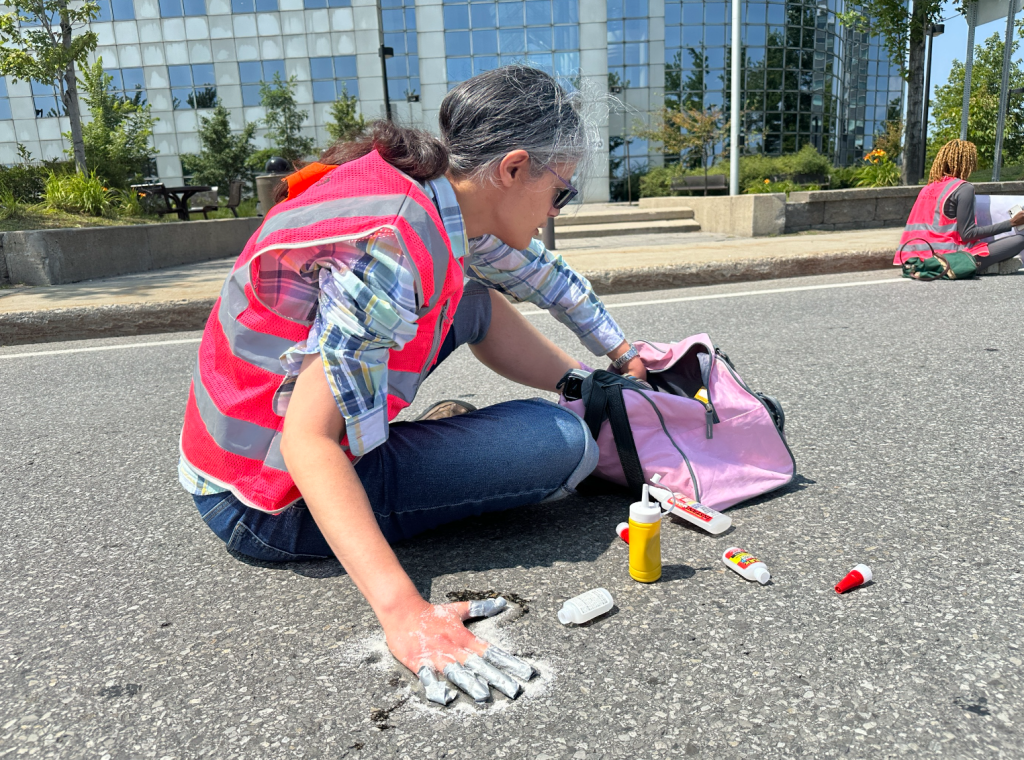A national day to recognize invisible work in Quebec?
Posted April 2, 2024 9:09 am.
Last Updated April 2, 2024 6:38 pm.
Several groups are calling on Quebec to make an official “National Day for Invisible Work” to be held every first Tuesday in April.
It would not be a public holiday, but a day of recognition for “invisible work” which is not always properly acknowledged.
“All of this work is still mostly being done by women and this really affects their capacity to be financially secure, like to be autonomous and also it affects their well-being mentally and physically, economically,” explained Marianne Pertuiset-Ferland, executive director of Association féministe d’éducation et d’action sociale (AFEAS).
These jobs include looking after children, elderly parents, doing domestic chores, cooking or being a caregiver – with all the planning and organization that these tasks entail.
Invisible work also includes being a ‘collaborator’ in a family business, a female farmer or a volunteer.
“My sister is a mom and the work that she does at home, I mean she’s literally working like six jobs,” said Montrealer Chloe Fleurant. “I have no clue how she gets it done.”
“This invisible work is more often the lot of women, but men are also affected,” said Lise Courteau, provincial president of the AFÉAS.
AFÉAS first called for the “National Invisible Work Day” to be made official.
Establishing a day is not the same as making it a public holiday nor is it about demanding remuneration for this invisible work, explained Courteau.
“It’s work that deserves to be recognized, that we should take the time to talk about it, to name it,” said Courteau. “It is also work that is taken for granted.”
“This work, most of which is done by women, is of great value. It relieves the government of an economic burden (through the work of family carers in particular) and enables others – often men – to do more hours of paid work (thanks in particular to childcare by mothers). It’s important to value the people who do the invisible work by making their work visible.”
This demand for a national holiday was the subject of a manifesto supporting the cause, endorsed by 150 organizations and 2,000 individuals.
The manifesto was submitted to the office of the minister responsible for the status of women, Martine Biron, last week, said Courteau.
“It’s very important to recognize that a paid job that they do at home is very important,” said Montrealer Carlos Montana.
“We came away from that meeting quite encouraged; we believe there is an opening,” concluded Courteau, and said she is “optimistic.”
“We should open discussions about it with our employers, with our friends, family and open a dialogue, educate ourselves around this issue,” said Pertuiset-Ferland. “Try to work towards better equality within our families.”
–This report by La Presse Canadienne was translated by CityNews.



